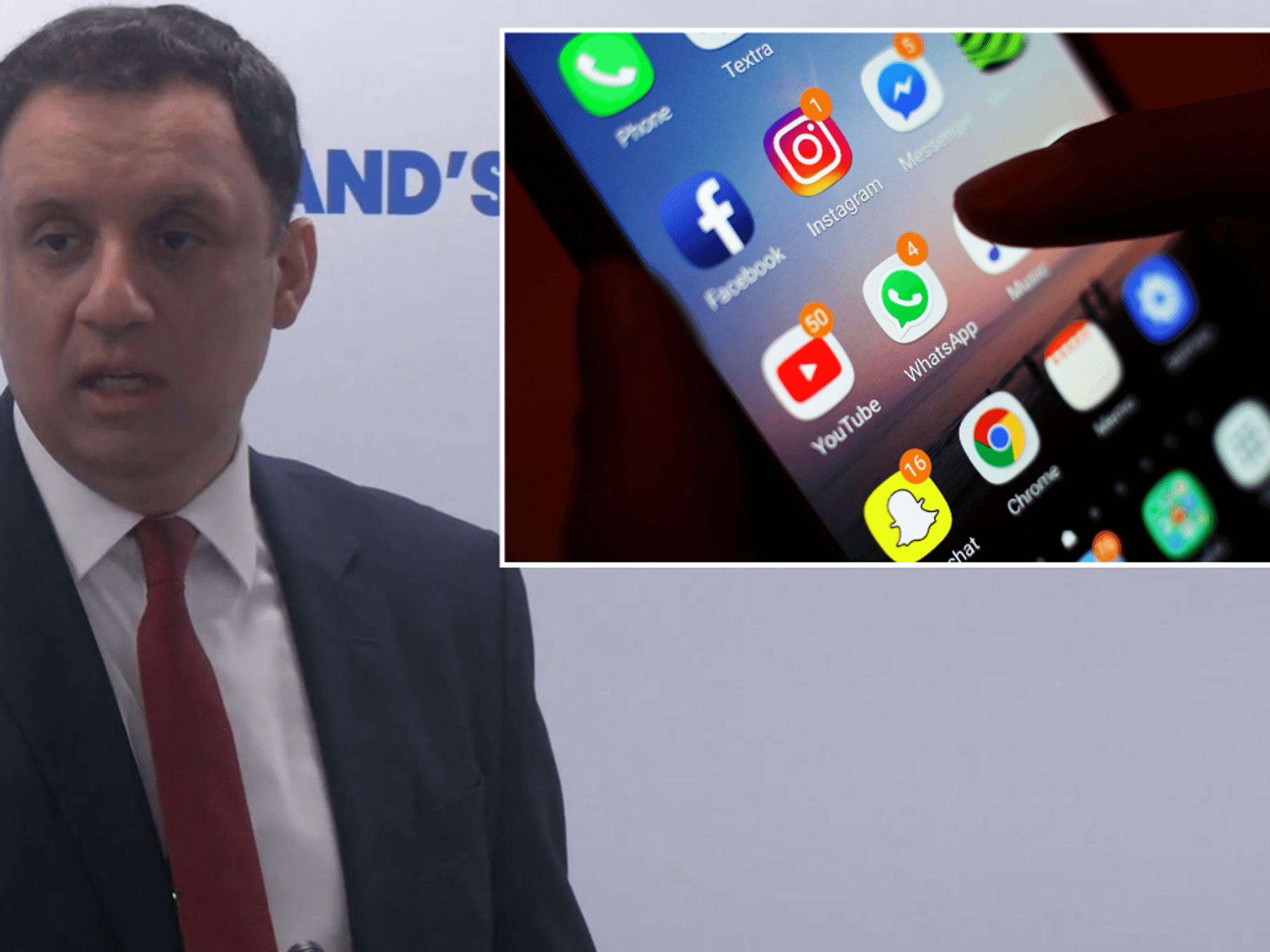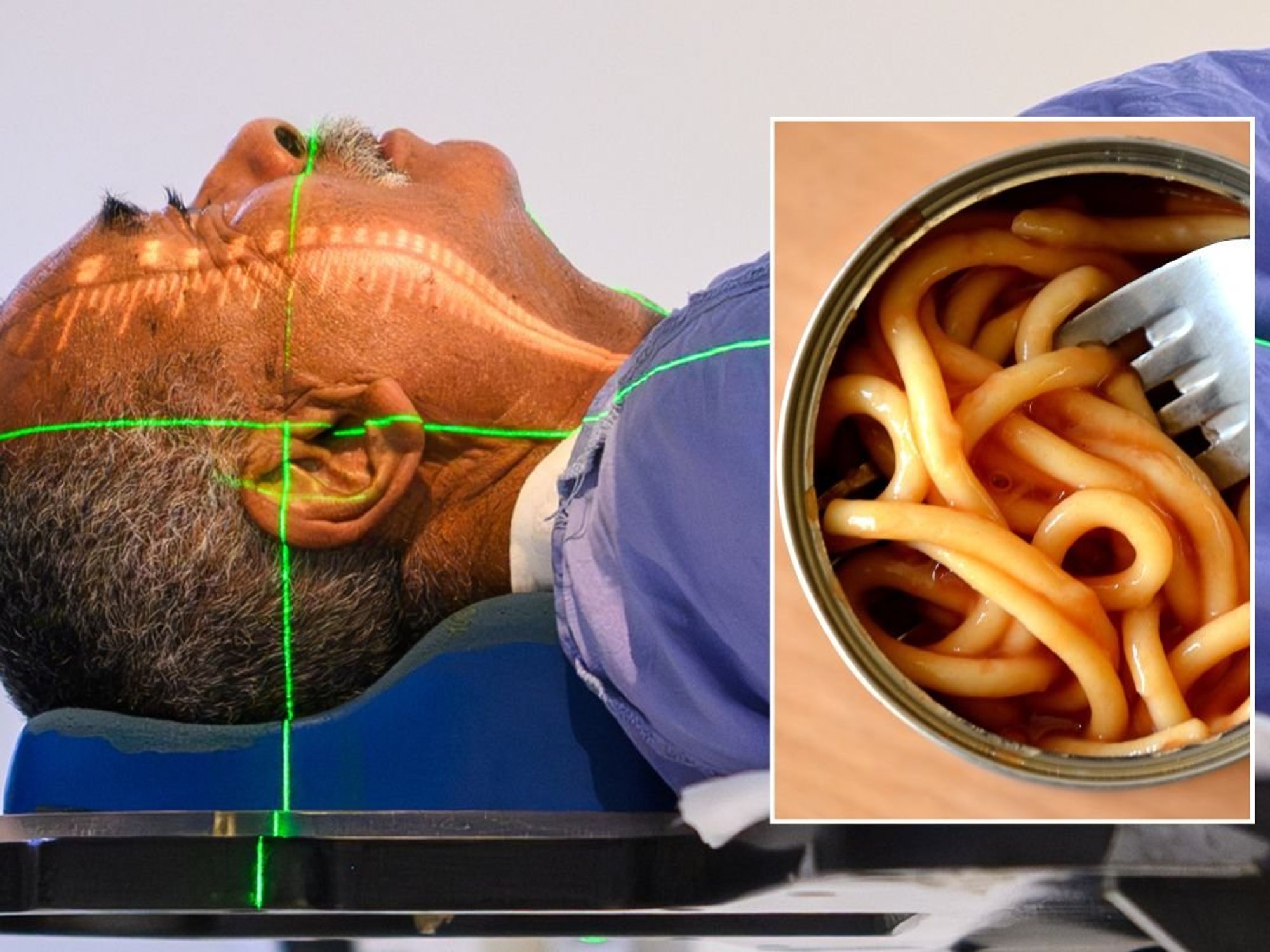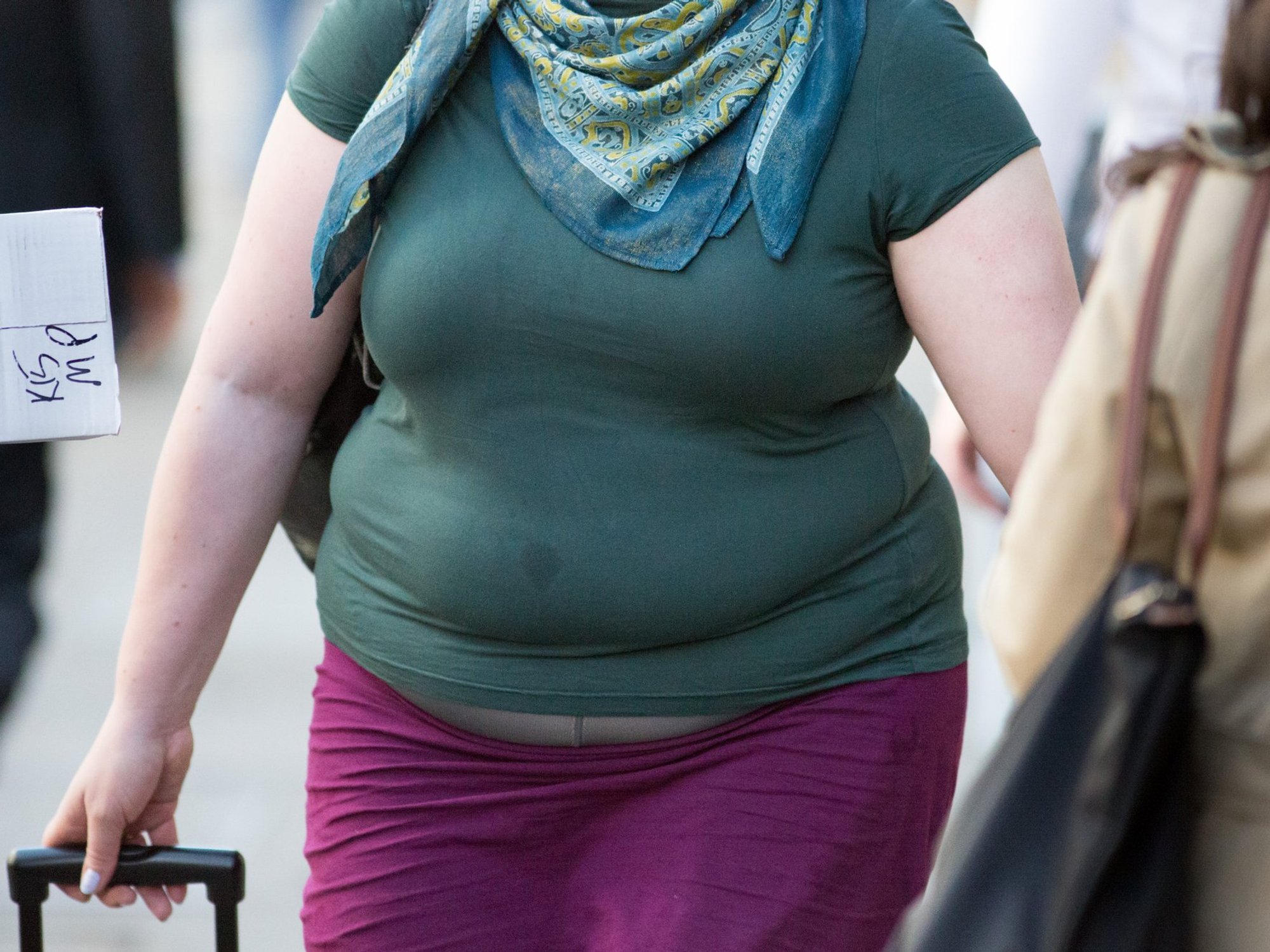Type 2 diabetes symptoms: Two 'obvious' signs in the morning that can 'alert' you to the condition
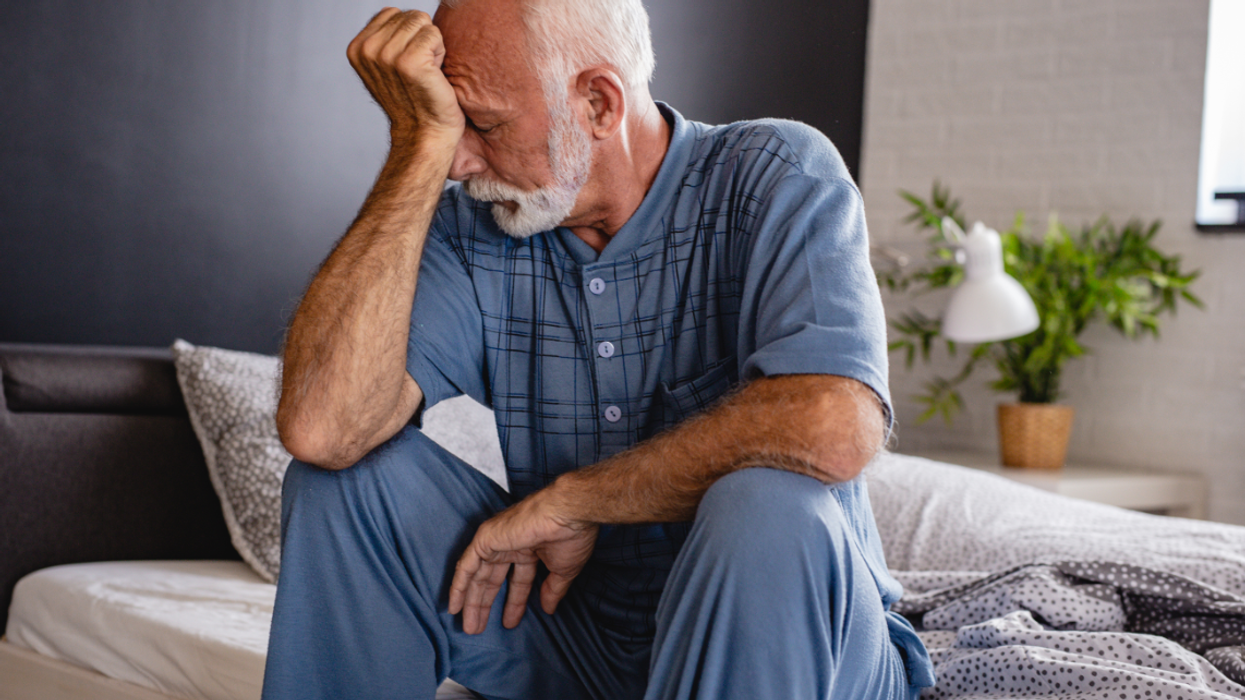
Dry mouth and throat when you wake up in the morning can signal diabetes
|Getty Images

Type 2 diabetes symptoms can arise when blood sugar levels are consistently too high
Don't Miss
Most Read
Latest
Type 2 diabetes can produce "obvious" warning signs when you wake up first thing in the morning, a leading health body warns.
Around five million people are thought to be living with diabetes in the UK - a figure that could rise to 5.5 million people by 2030, affecting almost nine percent of the population. Type 2 diabetes makes up 90 percent of all cases.
Despite its prevalence, many people have type 2 diabetes without realising.
This is because they may not always notice any symptoms.
However, subtle signs in the morning can "alert" you to the disease, according to the London Diabetes Centre.
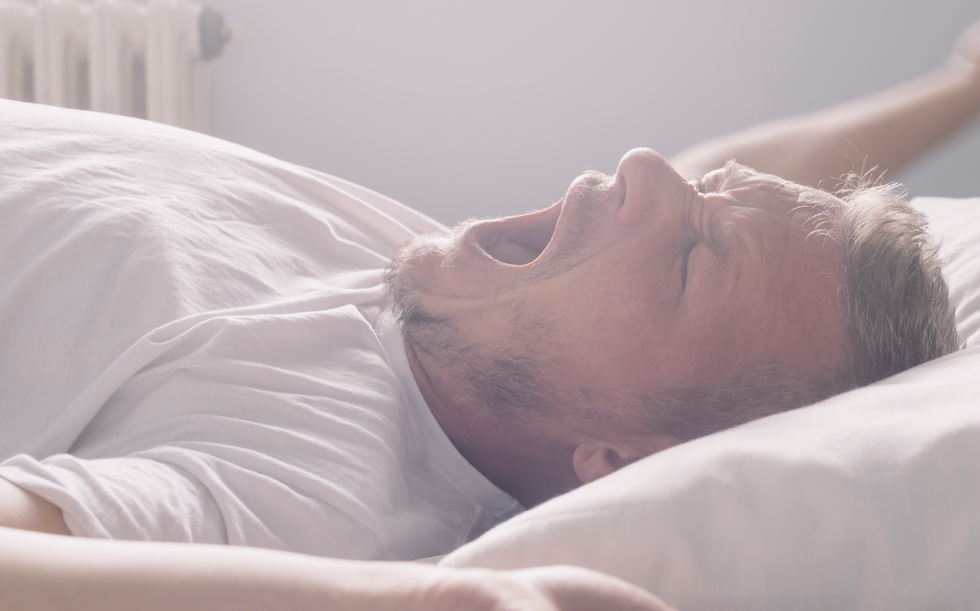
Feeling more tired than usual is a telltale sign of diabetes
|Getty Images
The most "obvious" red flags to watch out for are a dry throat and mouth as soon as you wake up, the health body says.
It explains: "Many of the early symptoms of diabetes are more subtle – or not there at all – it is often called the 'silent killer'. Some of these include non specific tiredness, drowsiness, blurred vision, sexual difficulties, poor healing of minor wounds, and fungal infections and boils.
"But first thing in the morning, it's a dry mouth and throat that should alert one to diabetes. In a child, a wet bed signals also the dehydration that may be present."
The London Diabetes Centre adds: "The most obvious might be a dry mouth but you may have suspected something was amiss if you had already spent the night getting up frequently to pass urine and feeling thirsty."
Other telltale signs to spot
Symptoms of type 2 diabetes can include:
Peeing more than usual
Feeling thirsty all the time
Feeling very tired
Losing weight without trying to
Itching around your penis or vagina, or repeatedly getting thrush
Cuts or wounds taking longer to heal
Blurred vision
According to the NHS, you should see a GP if you have any of the symptoms of type 2 diabetes or you're worried you may have a higher risk of getting type 2 diabetes.
"You'll need a blood test, which you may have to go somewhere else for, such as your local health centre or hospital, if it cannot be done at your GP surgery," the health body explains.
How can I reduce my risk?
Type 2 diabetes can sometimes be prevented, because unlike type 1 diabetes which can’t yet be prevented - your body is still making the hormone insulin, which helps to regulate blood sugar levels.
LATEST DEVELOPMENTS

Opting for plant-based sources of protein can reduce your risk, says one study
|Getty Images
According to the NHS, half of people at risk of type 2 diabetes can reduce their risk or delay the condition developing by eating healthily as well as keeping to a healthy weight and waist size.
The most effective way to do this is to cut down on foods linked to an increased risk of diabetes and up your intake of foods proven to regulate blood sugar levels.
For example, a Harvard-led study published last year found that replacing red meat with plant-based protein sources, such as nuts and legumes, may reduce the chances of developing the condition.
Physical exercise also helps lower your blood sugar level.
As per the NHS, you should aim for at least 2.5 hours of activity a week.
This could be:
Fast walking
Climbing stairs
Doing more strenuous housework or gardening.







